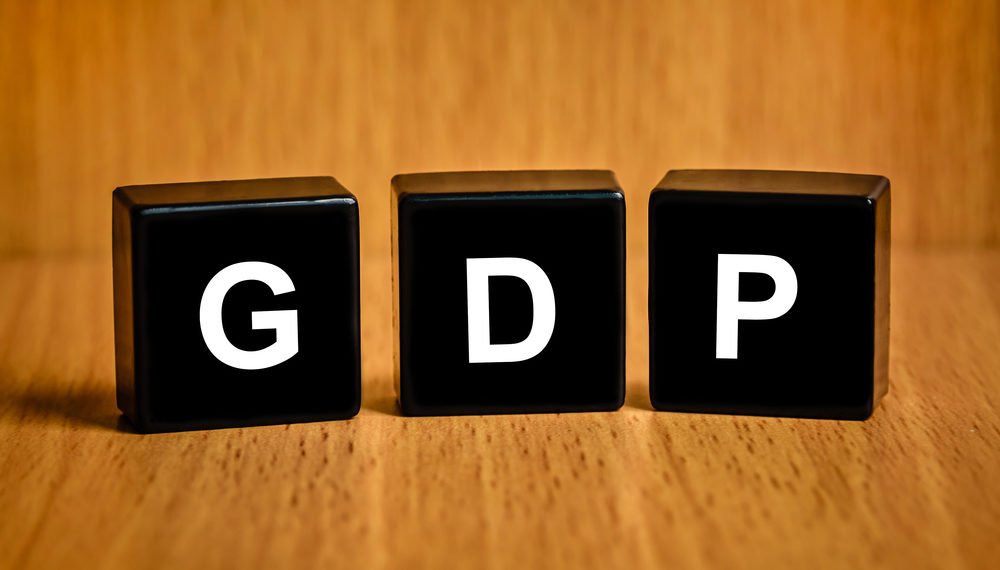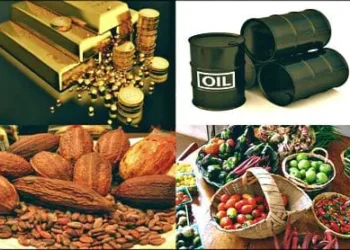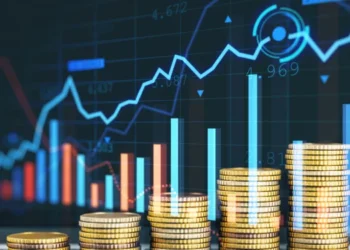Ghana’s economy will be strengthened in 2021 as it grows year-on-year by 4.2% as against 0.9% in 2020, according to a presentation by Cordros Capital at its e-press conference titled “Positioning in the New Normal”.
The recent rebound in economic activities in the country has been reflected in most of the forecasts that have been released so far for the year 2021.
Earlier, the Bank of Ghana has expressed optimism for a strong rebound of Ghana’s economy after West Africa’s 2nd largest economy contracted for two consecutive quarters in 2020.
The Ghanaian economy contracted by 3.2% and 1.1% in Q2 2020 and Q3 2020 respectively. The only sector that remained resilient amid the pandemic was the agriculture sector but the World Bank indicated in its 2021 outlook for Ghana that the resilience of the agriculture sector is not sufficient to offset the adverse effect of the COVID-19 pandemic on the oil and other sectors of the economy.
The World Bank, however, puts Ghana’s growth rate for 2021 at 1.4% in its latest Global Economic Prospects Report. The Bretton Wood institution forecast growth to rebound strongly at 2.4% in 2022.
On the global front, Cordros Capital expects the global economy to rebound to 5.2% in 2021 as against 4.4% in 2020.
According to Cordros Capital, this feat can only be achieved on the strength of sustained supportive monetary policies, varying degrees of fiscal stimulus, and availability and adoption of virus vaccines in several countries in the world.
The advanced economies with a year-on-year growth of 3.9% are expected to get further strengthened in 2021. The US and the Euro area will grow year-on-year by 3.1% (2020: -4.3%) and 5.2% (2020: -8.3%) respectively, as the countries implement robust fiscal and monetary stimulus packages that would galvanize the economy and hasten the recovery process.
The emerging and developing economies will print a year-on-year growth of 6.0% predicated on the growth prospects in China’s economy. Sub-Saharan Africa’s (SSA) economy is expected to achieve a year-on-year growth of 3.1% by the end of 2021, from -3.0% recorded in 2020.
In 2021, the SSA regional heavyweights like Nigeria and South Africa would grow year-on-year growth rates of 1.7% (-3.4%: 2020) and 3.0% (-8.0%: 2020) respectively, albeit below their potentials.
Angola will record its first growth in two years, though at year-on-year of 3.2% in 2021, from -4.0% recorded in 2020, -0.9% in 2019.
The growth for economies that are largely dependent on commodity exports and tourism would be challenged and might face weaker recovery.
The global economic growth means an increase in real GDP – an increase in the value of national output, income, and expenditure. Essentially the benefit of economic growth is higher living standards – higher real incomes and the ability to devote more resources to areas like health care, education, infrastructural developments, etc.
So far, all recent forecasts for the world economy points to a gradual rebound of economic activities this year. Earlier, the World Bank forecasts global economic output to rebound at 4% in 2021 as a result of a collapse last year caused by the COVID-19 pandemic.
The World Bank, however, warned that global growth could moderate to 3.8 % in 2022, weighed down by the pandemic’s lasting damage to potential growth. In particular, the impact of the pandemic on investment and human capital is expected to erode growth prospects in emerging markets and developing economies (EMDEs) and set back key development goals.
The global recovery, which has been dampened in the near term by a resurgence of COVID-19 cases, is expected to strengthen over the forecast horizon as confidence, consumption, and trade gradually improve, supported by ongoing vaccination.























